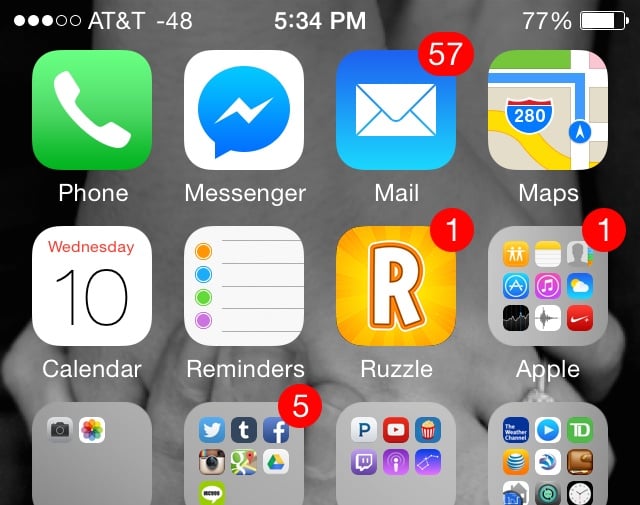In case you had somehow managed to still feel secure with your digital personal data in light of recent security breaches, the Global Privacy Enforcement Network has released a report stating that 85% of apps don’t disclose how they use your data and 1 in 3 ask for an excessive access to personal information. So, you know, sleep tight; don’t let the crippling anxiety of absolutely no control over your personal privacy in the modern world bite.
The survey covered 1,200 apps and was put together by collecting data from 26 different privacy regulators from around the world. According to the UK’s Information Commissioner’s Office (ICO), which helped by evaluating 50 of the top apps from UK developers, the important findings of the survey are:
- 85% of the apps surveyed failed to clearly explain how they were collecting, using and disclosing personal information.
- More than half (59%) of the apps left users struggling to find basic privacy information.
- Almost 1 in 3 apps appeared to request an excessive number of permissions to access additional personal information.
- 43% of the apps failed to tailor privacy communications to the small screen, either by providing information in a too small print, or by hiding the information in lengthy privacy policies that required scrolling or clicking through multiple pages.
So those statistics are… not great. Unfortunately, GPEN hasn’t indicated specifically which apps failed to live up to their standards or the ways they’re using data that we’re not aware of, so it’s hard to decide were we should be on a paranoia DEFCON scale.
While I’m generally not a fan of blowing clauses in apps’ privacy agreements out of proportion (many rumors about bad practices get started because someone misinterprets a completely normal statement), we should definitely make sure that all app makers are at least disclosing data use in the first place.
Then, of course, there’s the issue that aside from those paranoid nitpickers, no one actually reads EULAs or privacy statements. Seriously, who has time for that? The digital world needs some hard and fast rules on how to effectively communicate to consumers what apps will do and what they’re agreeing to by downloading. Or they could be required to provide the information properly at all—I’d take that as a start.
(ICO via PandoDaily, image our own)
- Creator Of Celebrity Nude Reddit Section Boo-Hoos Over Invasion Of His Privacy
- 5 Million Gmail Passwords Hacked and Leaked, Here’s How to Check Yours
- New Zealanders Who Clicked on Nude Hack Links Got Hit With Malware, Possibly Broke the Internet
Are you following The Mary Sue on Twitter, Facebook, Tumblr, Pinterest, & Google +?









Published: Sep 10, 2014 06:45 pm